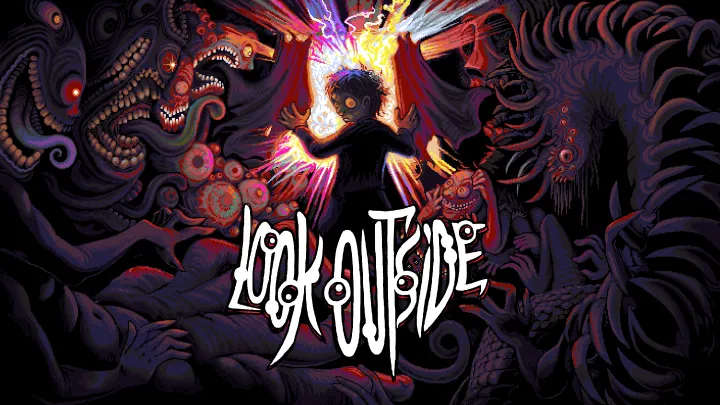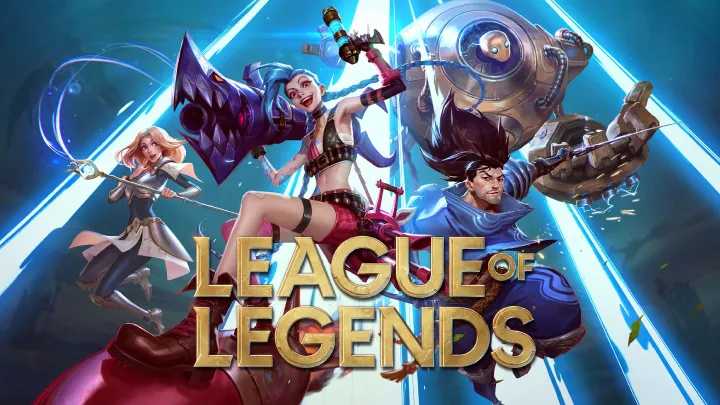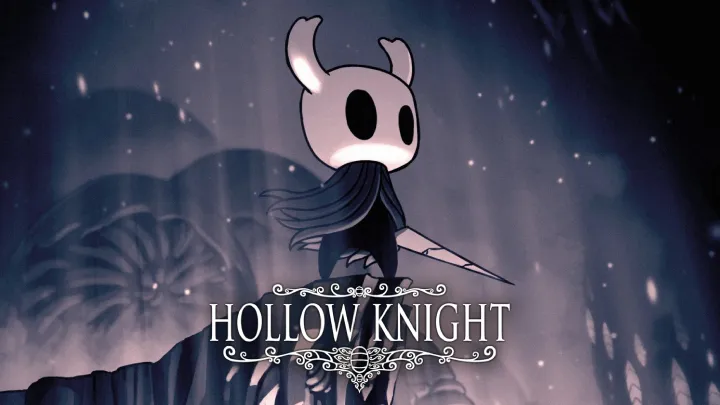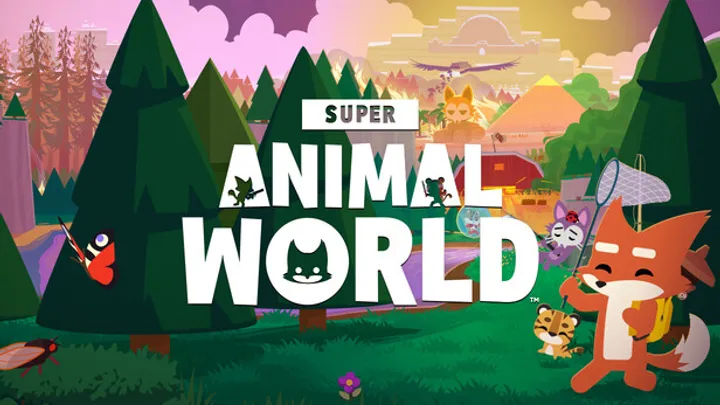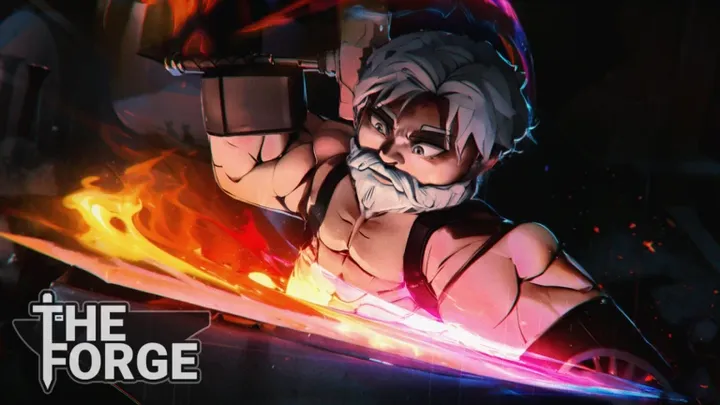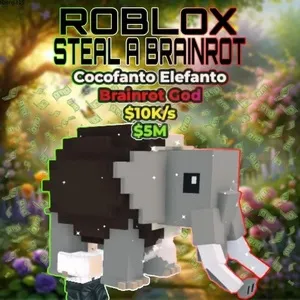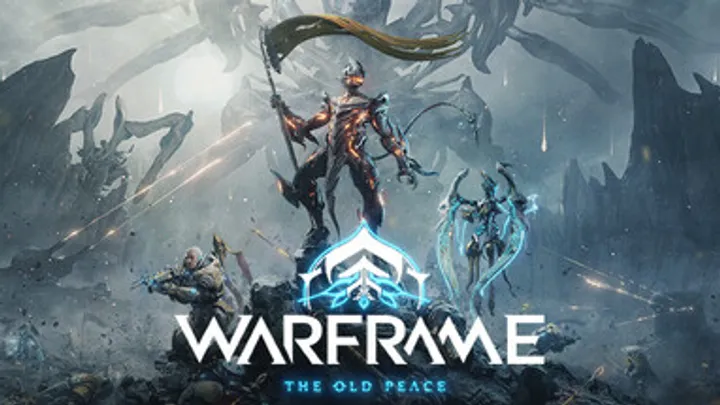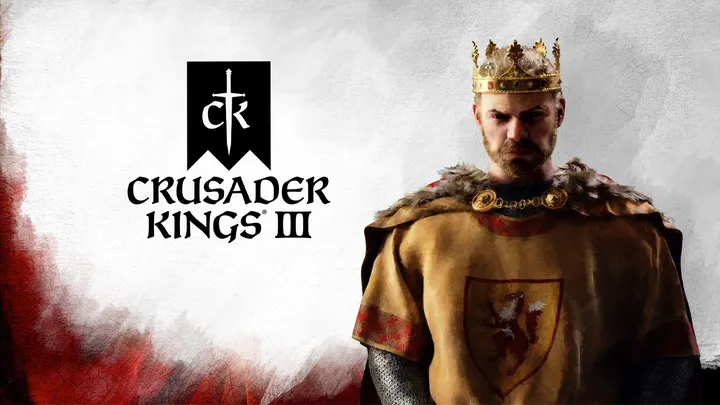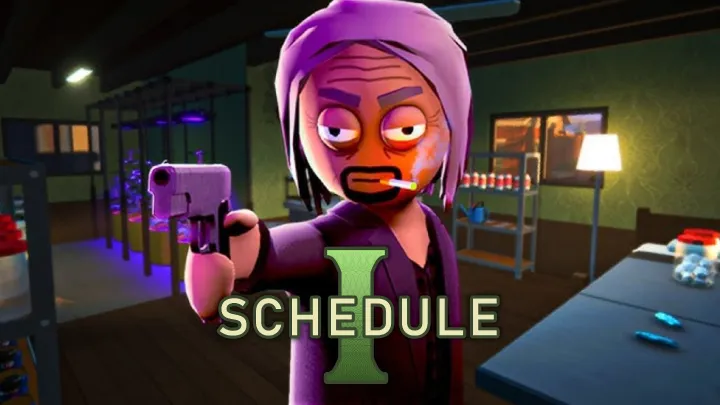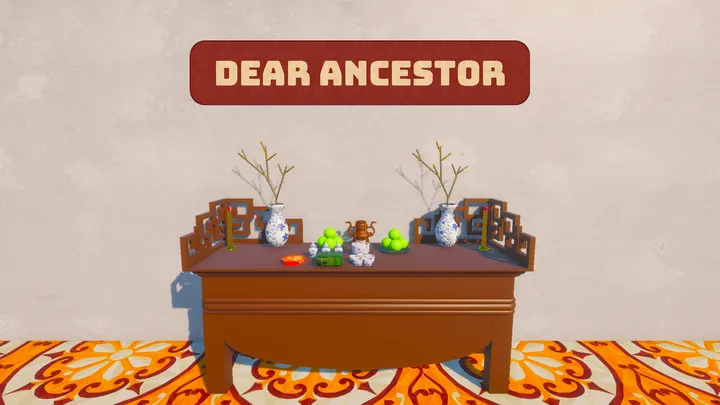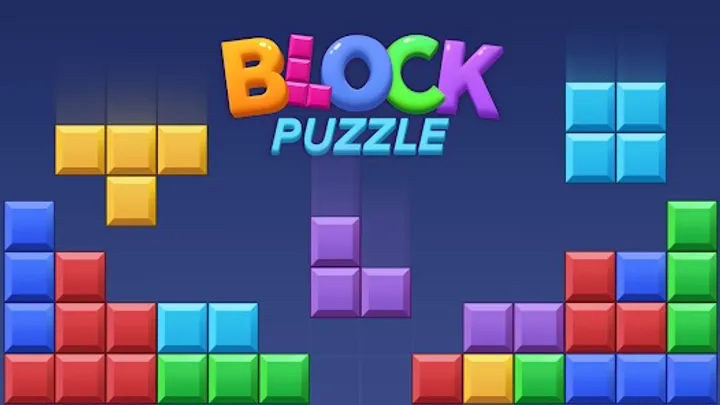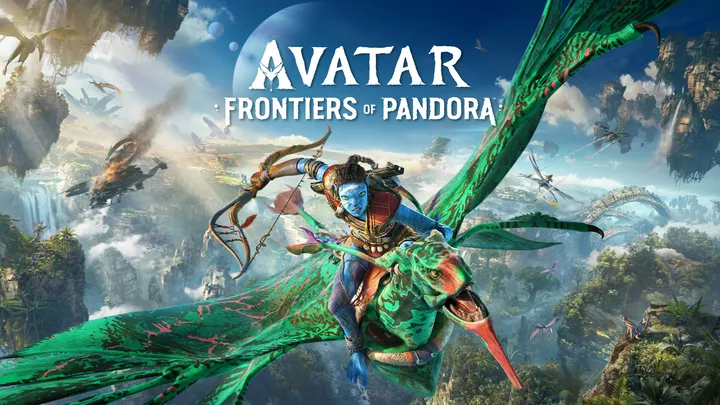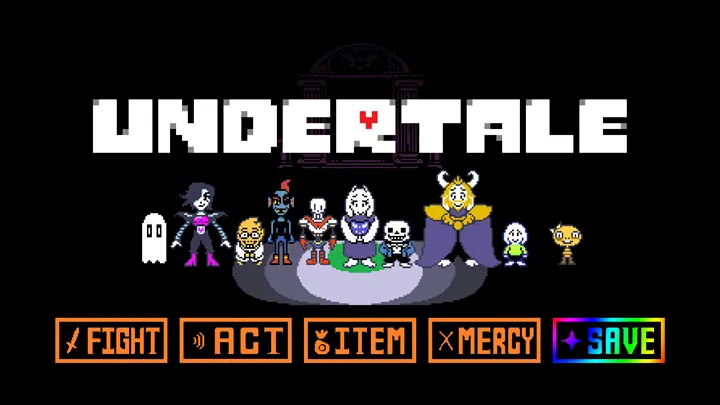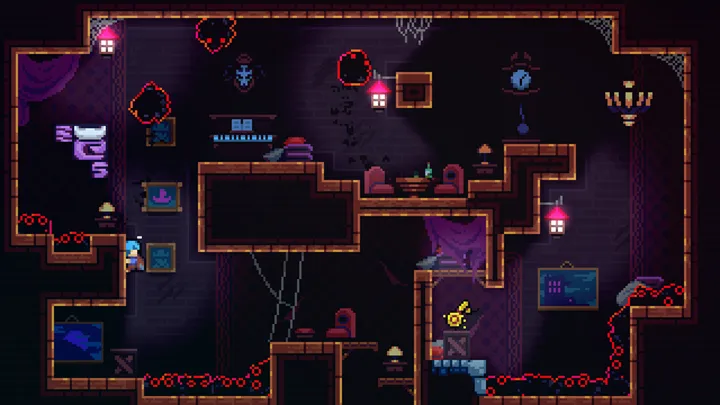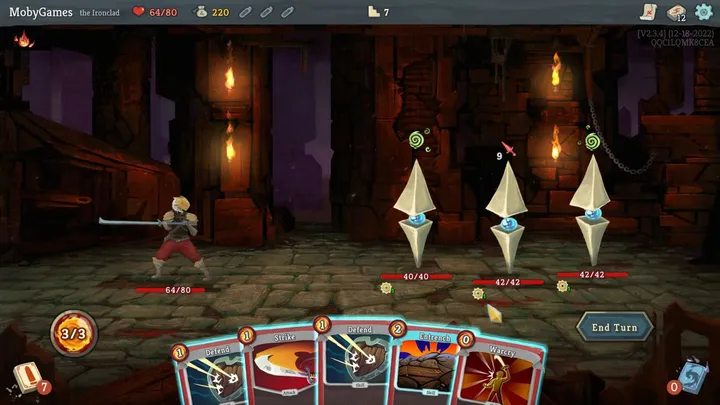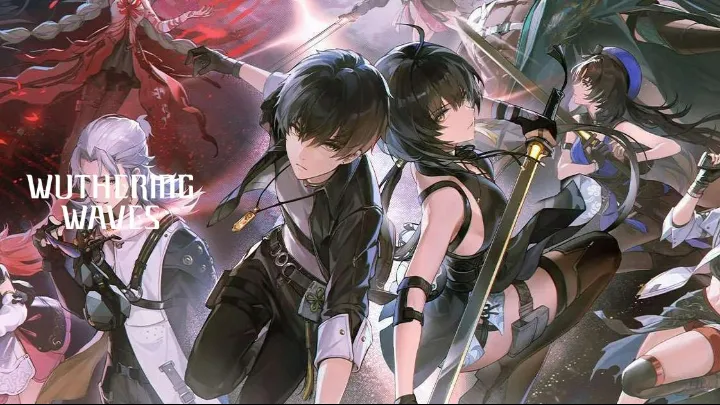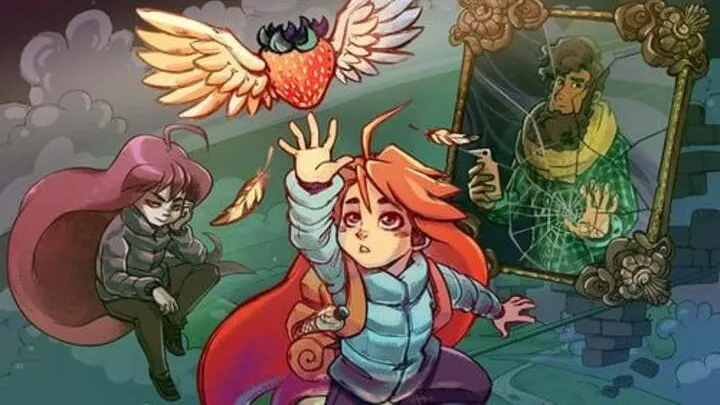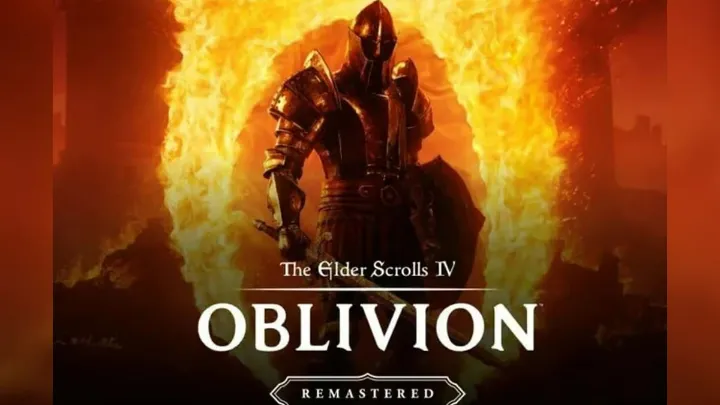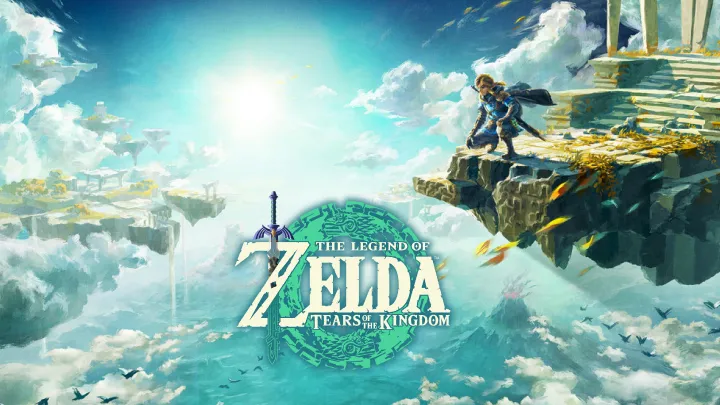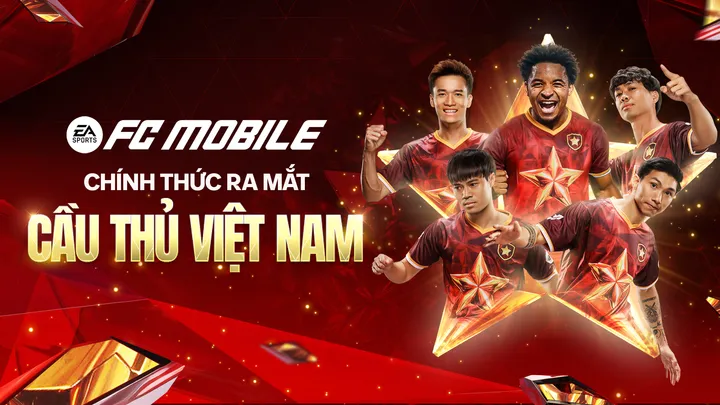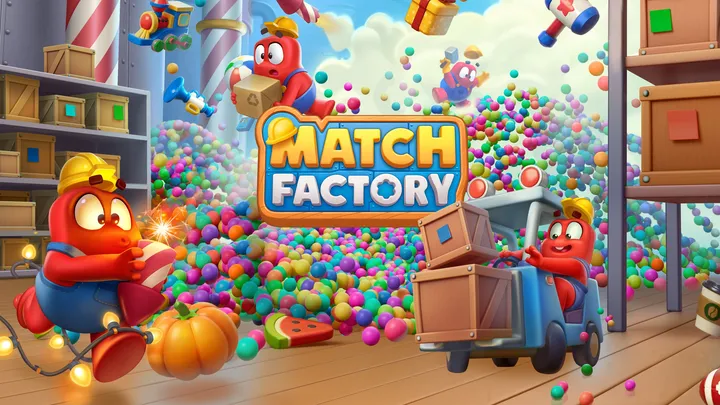Introduction
Since its launch in 2009 by Riot Games, League of Legends has grown from a modest indie project inspired by the Warcraft III custom map Defense of the Ancients into one of the most influential multiplayer games in history. Today, it is the world’s most-played PC game, a global esports powerhouse, and a masterclass in live-service management.
From an industry analyst’s viewpoint, LoL is more than just a game — it’s a continuously evolving competitive platform with a rich ecosystem of esports leagues, content creators, and regional communities. Its long-term success stems from a finely tuned balance between deep gameplay complexity and constant accessibility improvements.
1. Core Gameplay Structure
At its heart, League of Legends is a 5v5 Multiplayer Online Battle Arena (MOBA) game where two teams compete to destroy the opposing team’s Nexus, located in their base. The core loop:
- Champion Selection – Draft from a roster of over 160 champions, each with unique abilities, roles, and playstyles.
- Laning Phase – Farm minions, trade with opponents, and build early advantages.
- Mid-Game Objectives – Contest dragons, Rift Herald, turrets, and map control.
- Late-Game Teamfights – Coordinate with teammates to win decisive battles.
- Victory/Defeat – Destroy the enemy Nexus to win.
This loop rewards mechanical skill, strategic thinking, teamwork, and adaptability.
2. Champion Diversity and Meta Evolution
One of LoL’s greatest strengths is its diverse champion pool:
- Roles – Top, Jungle, Mid, ADC (Attack Damage Carry), Support.
- Playstyles – Assassins, mages, tanks, marksmen, enchanters, bruisers.
- Meta Shifts – Regular patches adjust champion strengths, ensuring the competitive landscape is always changing.
The constant meta evolution keeps gameplay fresh but requires players to continually adapt — a key factor in long-term engagement.
3. Map Design and Objective Play
The primary map, Summoner’s Rift, is a case study in competitive level design:
- Three Lanes – Top, mid, bottom, each with distinct strategic value.
- Jungle – Neutral monster camps, buffs, and objectives.
- Epic Monsters – Dragons (elemental buffs), Baron Nashor (team-wide power spike), and Rift Herald (siege advantage).
- Vision Control – Wards and vision denial are as important as mechanical skill.
The map’s symmetry and objective placement create natural points of conflict that shape match flow.
4. Skill Expression and Competitive Depth
LoL offers multiple layers of skill expression:
- Micro Mechanics – Last-hitting, skillshot accuracy, animation canceling.
- Macro Strategy – Rotation timing, objective prioritization, map pressure.
- Draft Phase Mind Games – Counter-picking and composition synergy.
- Team Coordination – Communication, role specialization, and timing.
This complexity is why LoL remains a top-tier esport — mastery requires years of practice.
5. Live-Service Content Cadence
Riot Games maintains LoL’s freshness through:
- Regular Patches – Balance changes every two weeks.
- New Champions – 4–6 releases annually, each with unique mechanics.
- Visual and Gameplay Updates (VGUs) – Modernizing older champions.
- Seasonal Events – Limited-time game modes, themed skins, and lore expansions.
The predictable update rhythm ensures player retention and constant engagement.
6. Monetization Model
LoL’s monetization is cosmetics-driven:
- Free-to-Play Core – All gameplay content is earnable without spending money.
- Skins – Ranging from simple recolors to fully voiced, animated “Legendary” and “Ultimate” tiers.
- Battle Passes – Event-specific passes offering missions and rewards.
- Loot System – Hextech crafting and random skin shards.
By keeping gameplay advantages locked behind skill, not spending, Riot preserves competitive integrity.
7. Esports and Global Presence
LoL is the most established esport in the world:
- Regional Leagues – LCK (Korea), LPL (China), LEC (Europe), LCS (North America), and more.
- World Championship (Worlds) – Annual global event with massive viewership, peaking over 5 million concurrent viewers.
- Player Development Pipeline – Academy leagues and amateur tournaments feed into the pro scene.
Esports fuels LoL’s longevity by providing a spectator experience that’s as engaging as playing the game.
8. Lore and Universe Expansion
Over time, Riot has expanded LoL’s universe into a transmedia franchise:
- Cinematic Trailers – High-quality storytelling before major events.
- Arcane (Netflix) – Critically acclaimed animated series that expanded LoL’s audience beyond gamers.
- Spin-off Games – Legends of Runeterra, Ruined King, and upcoming fighting/roguelike titles.
- Music Projects – Virtual bands like K/DA and Pentakill.
This brand expansion has turned LoL into a multi-platform entertainment IP.
9. Player Behavior and Community Management
LoL has long battled toxicity and player behavior issues:
- Honor System – Rewards positive behavior.
- Automated Bans – Punishes AFK, trolling, and verbal abuse.
- Smurfing Issues – High-skill players in low-ranked games remain a challenge.
Riot invests heavily in behavior moderation but community toxicity remains a known barrier for new players.
10. Technical Optimization
While designed for PC, LoL’s low system requirements allow global reach:
- Runs on Low-End Hardware – Accessible in emerging markets.
- Stable Netcode – Consistent performance even on mid-tier connections.
- Spectator Tools – Built-in for esports broadcasting.
Riot’s custom engine is optimized for clarity, ensuring competitive visibility even in chaotic teamfights.
11. Challenges and Future Outlook
LoL faces several ongoing challenges:
- Steep Learning Curve – Intimidating for new players.
- Meta Fatigue – Frequent changes can overwhelm casual audiences.
- Competition from Other MOBAs – Titles like Dota 2 and Mobile Legends attract regional player bases.
Looking ahead, Riot will likely focus on:
- Mobile Growth – Expanding League of Legends: Wild Rift.
- Deeper Esports Integration – More fan interaction and regional storylines.
- AI Coaching Tools – Helping new players learn faster.
Conclusion
From an industry perspective, League of Legends is the definitive example of a live-service competitive game done right. Its combination of deep gameplay, frequent updates, esports infrastructure, and brand expansion has kept it at the top of the industry for over 15 years.
While its complexity and community reputation present onboarding challenges, LoL’s strengths far outweigh its weaknesses. It remains both a player’s game and a spectator sport, cementing its place as a cultural and competitive icon.
Final Verdict: League of Legends is more than a game — it’s a global phenomenon and a living blueprint for sustained multiplayer success.




























